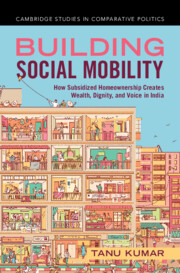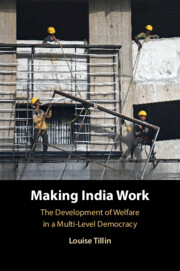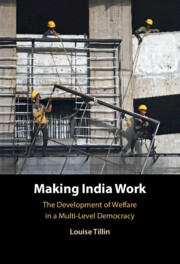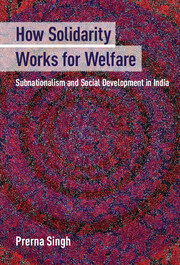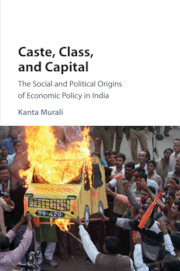Building Social Mobility
Which policies can help households improve their economic, social and political status? Building Social Mobility is an in-depth exploration of how policies to subsidize homeownership in low- and middle-income countries shape beneficiaries' decision-making in nearly every facet of their lives. Tanu Kumar develops a multidimensional and cross-disciplinary theory that argues that these initiatives affect how citizens invest in the future, climb out of poverty, develop agency in their social relationships, and exert power in local politics. Kumar supports the theory using a multi-method study of three policies in India. Evidence includes a natural experiment, original surveys, paired qualitative interviews, and an 18-year matched panel study. Building Social Mobility is a book about both housing and behavior. It goes beyond assessing the effects of an important policy to provide deep insights about how upwardly mobile citizens make decisions and the interactions between wealth, dignity, and voice in low- and middle-income countries.
- Draws attention to the widespread, transformative, but largely understudied policy initiative of subsidized homeownership.
- Develops a theory about how citizen capacity and motivations shape political behavior
- Establishes a working definition of dignity as an important precursor to wealth accumulation and political participation in highly unequal societies
Reviews & endorsements
‘Cash transfers, work guarantees, and investments in social services have traditionally been the focus of efforts to bring people out of poverty in low- and middle-income countries. In this remarkable book, Kumar shows how a different form of public policy-subsidized home ownership-can transform poor people’s lives by bolstering not just wealth but also agency and civic participation.’ Daniel N. Posner, University of California, Los Angeles
Product details
August 2025Paperback
9781009636995
225 pages
229 × 152 mm
Not yet published - available from August 2025
Table of Contents
- 1. Building social mobility
- 2. Policies to improve housing quality
- 3. Wealth
- 4. Dignity
- 5. Voice
- 6. Implications for effective policy.

